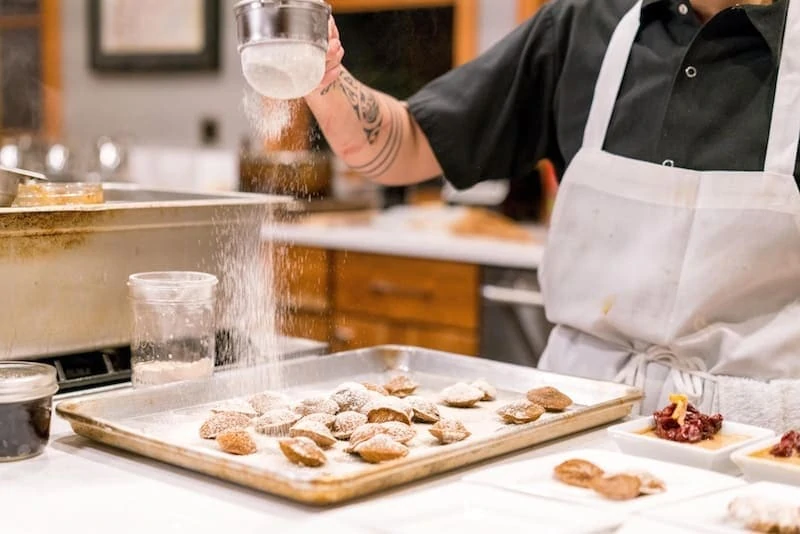


Getting and staying sober are worthy goals for a person new to a life without the use of drugs and alcohol. Taking care of yourself on a daily basis is an essential part of the process of becoming a responsible, productive member of society. Once you’ve graduated from a treatment program, you’ll learn more responsibilities and begin to live life on its terms.
Many people choose to continue to aftercare or sober living when they are done with treatment. These programs help you be accountable to yourself as well as others. They also help you be in an environment with other people in recovery who have goals. Cooking your own food, doing your own laundry, and helping keep a common space clean is an excellent way to start better habits and becoming responsible for recovery.
Cooking is an important life skill to learn when you're in recovery.
Learning to cook in recovery is a life skill that many people decide to pursue when they’re in recovery. In sober living, especially, you’re expected to take care of yourself.
Pre-packaged food and takeout tend to be low in nutrients and high in salt, cholesterol, and preservative like monosodium glutamate. Pick up any frozen meal at the grocery store, and you’ll find that one serving has anything between 28% to 60% sodium for your whole day. High sodium can make you feel sluggish, cause blood pressure to increase and make you more susceptible to heart problems down the toad.
Before you got sober, you may have eaten out a lot or bought chips and microwave meals. These foods don’t nourish the body or the mind. They’re not appropriate for a family dinner table, either. Cooking real, whole food is a gift that you can give yourself and others in recovery. It will help you feel mentally sharper and physically healthier. It will bring people together to share and enjoy your creations.
Add fruits and vegetables on the side of your meals every day to round them out. If you live in a community or family setting, offer to make a side dish one night while others cook another part of the meal. You can take turns cooking the main course.
There are plenty of blogs online for beginning cooks. Youtube also has many types of recipes for beginners. You can also ask your housemates or relatives to cook with you so that you can learn to create their favorite recipes.
Some types of cooking, such as preparing salads, are easy and intuitive. Other types of cooking, such as baking a home-made pizza crust, will take a couple of tries before you get them right.
Taking care of yourself and being responsible is an essential part of recovery. It can also be fun once you’ve learned how to enjoy cooking! Pay attention to how your body feels on a day that you’re eating home-cooked foods rather than chips and hot dogs.
Food brings people together. In sober living and home life, you can learn to cook meals for more than yourself. Housemates and family will appreciate your effort, and you’ll have the added benefit of knowing what’s in your food. Eating healthy and enjoying simple pleasures will help you find purpose in your day-to-day sobriety.
Sober living is an adventure that helps you gain your footing as you transition from treatment to everyday life. Most people use their time in sober housing to find a job, stabilize their surroundings, and learn to enjoy life without alcohol or drugs.
Learn more about your sober housing options by calling us at 760-216-2077.
